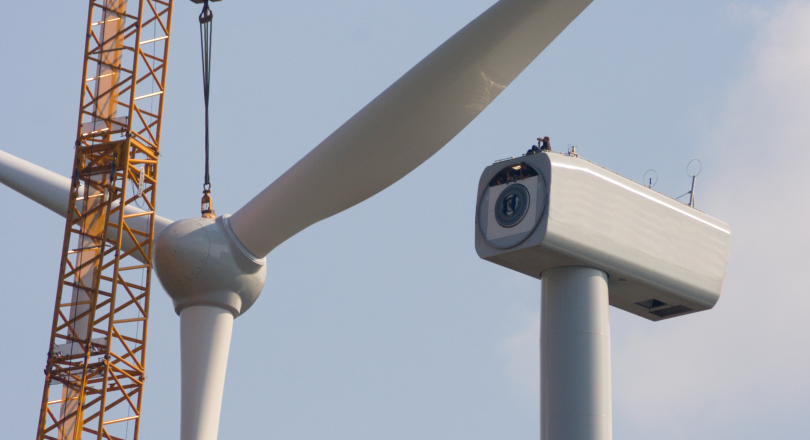The latest analysis reflects the falling cost of renewable electricity technologies and the relative speed with which can be built.
The NIC has updated its recommended target for deployment of renewables as part of a low carbon electricity system, from 50 per cent to 65 per cent by 2030.
The new analysis also calls for more government support for private investment of renewable energy schemes and provide crucial confidence for a green recovery after the COVID-19 crisis.
The Commission adds that the government has already made a number of recent positive commitments on renewables, including setting a goal to deliver 40GW of offshore wind power by 2030, and schemes to encourage more onshore wind and solar power projects.
Chair of the National Infrastructure Commission Sir John Armitt said: “The government should be credited for recent steps to encourage quicker deployment of renewables, and for setting up successful mechanisms for encouraging private sector investments. These latest projections suggest we can afford to go further, faster without hitting consumers in the pocket.
“The National Infrastructure Strategy needs to include a long term policy on future energy that reflects these facts and helps deliver the green recovery we all want to see.”

